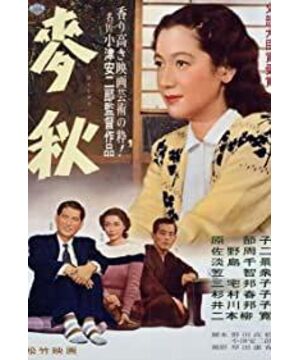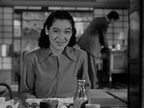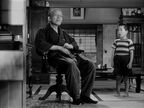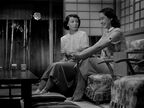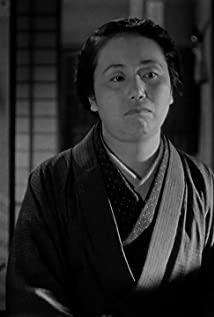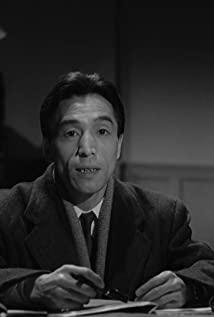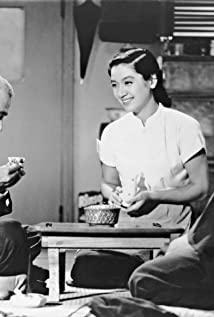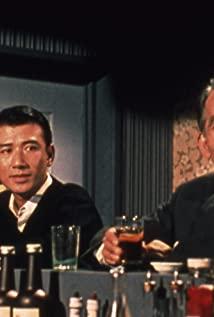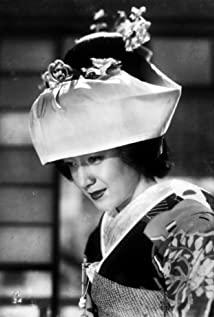——Mai Qiu, who has nothing to do with Mai Qiu or full of paper Mai Qiu
, will feel like watching Ozu's films, and there will be a feeling of going back in time, just like the memories left inadvertently in childhood, which are both fantasy and real, with the sweetness of the original flavor of life. In my opinion, the essence of Ozu's skills is not static, but a long trajectory, slowing down the viewer's heart rate in a slow and long form, bringing the blinded life back to people's vision, just like waking up in a quiet night, You will hear the ticking of the bell and be startled by the ups and downs of your breathing.
Those who are new to Ozu should be fascinated by his skills. The low and still scenery creates an ideal situation of ordinary but aura; the characters that are soothed and soothing often show a light and knowing humor. The beauty of this structure is unique to Ozu, and it contains the poetic tradition of oriental aesthetics, as well as the fresh feeling endowed by the times. This technique is impossible today, even in Ozu's time, compared to the works of Kinoshita and Naruse, it seems that the shape is close, but the spirit is far away.
The god of Ozu films, in my opinion, is not skill, but transparency. The so-called masters are either searching in the thorny way of thinking, or tossing in the quagmire of reality, and then either realizes enlightenment, or ends miserably. But Ozu took a different approach. He selects the most common family affairs in reality, and omits the vulgar aspect, and only builds it in the ordinary love of children. He doesn't even need to create a gap in the calmness in order to shock the viewer's heart, everything is just light talk and trivial matters.
Although this wonderful narrative leads to the dilution of the plot, it achieves the meaning of Ozu's film. However, Ozu's film is not a melodrama (a melodrama is much "richer" than it is), the key is that Ozu's vision of people and the world is too transparent. The humanitarian feelings in his Western discourse are closer to Zen enlightenment in the Eastern context. But it is said that Zen enlightenment is empty, and Ozu is reality. This reality is the comfort of going into the void, the chores of the family, the marriage of the daughter, the loneliness of the father, the chatting and drinking while kneeling on the tatami.
Ozu's insight is not only the understanding of nothing under the ultimate questioning, but also the love of Tetra Pak on the way to your life. This sentient being often appears in the hands of others in a sympathetic manner, but here in Ozu, he prefers to turn it into a glass of sake, or a chat at the family table. Regardless of the level of the two realms, in terms of meaning, Ozu is already a complete comprehension. On the contrary, only the trivial family affairs, the safe and stable scenery, and the appropriate content and skills can reflect Ozu's transparency.
Everyone has a different Ozu in their eyes, but I always feel that in the repeated narration, people are actually expressing a similar sentiment. It is so comfortable that we have to talk about it, and it is also melancholy, because just when we thought we were touching it, it turned into nothingness. Think about it too, who can clearly outline the sweetest memory of childhood, but it will always accompany us in the depths of our souls.
View more about Early Summer reviews


